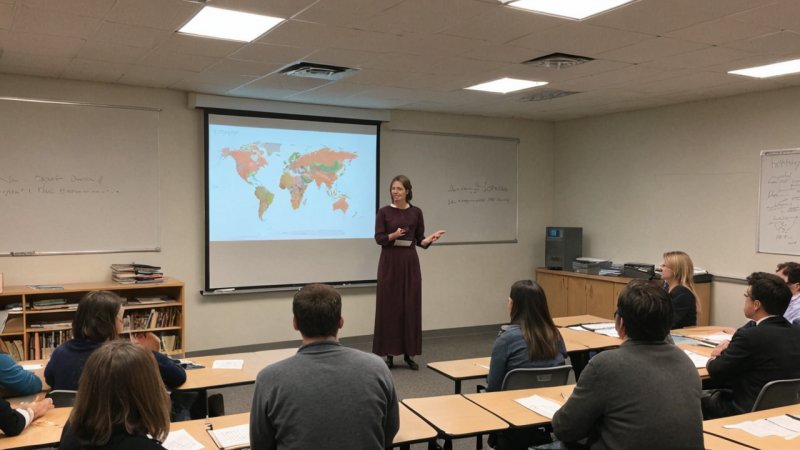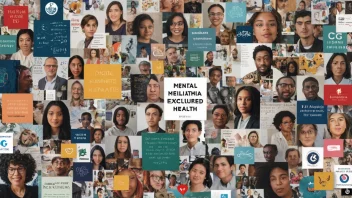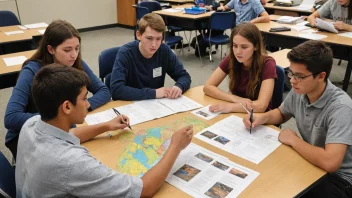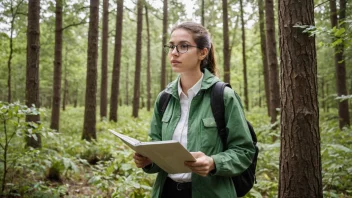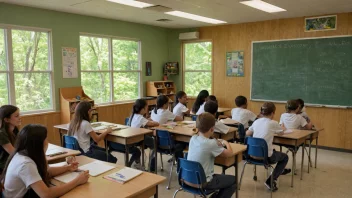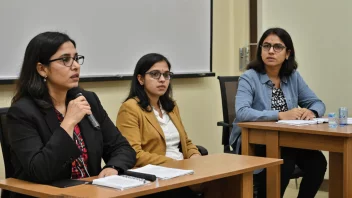In a world increasingly defined by complex global challenges, from climate change to social inequality, the humanities offer essential insights that can guide us toward effective solutions. The humanities, which encompass disciplines like literature, history, philosophy, and the arts, provide a rich framework for understanding the human condition and the socio-cultural dynamics that shape our world. By examining human experiences, values, and beliefs, the humanities help us interpret and navigate the complexities of contemporary issues.
One of the primary ways the humanities contribute to our understanding of global challenges is by fostering empathy and cultural awareness. Through literature and the arts, we can explore diverse perspectives and experiences, allowing us to connect with individuals from different backgrounds. For instance, novels that depict the struggles of marginalized communities can inspire readers to understand the social injustices faced by these groups. This empathetic approach is crucial in addressing global challenges, as it encourages collaboration and solidarity among people with varied experiences.
Moreover, the humanities encourage critical thinking and analytical skills that are vital for evaluating global issues. By studying history, we learn about past societies’ responses to crises, enabling us to draw parallels with today’s challenges. Historical analysis reveals patterns and consequences of human actions, giving us insight into the long-term effects of decisions made in the face of adversity. For example, examining how societies have adapted to climate change in the past can inform contemporary responses and policies aimed at sustainability.
Philosophy, another branch of the humanities, provides a framework for ethical reasoning that is essential when grappling with global issues. Questions surrounding justice, equity, and morality are at the forefront of debates on climate action, public health, and human rights. Philosophical discourse encourages us to consider the ethical implications of our choices, prompting discussions about who bears responsibility for addressing global challenges and how we can ensure equitable solutions for all.
Additionally, the humanities play a significant role in shaping public discourse around global challenges. Through storytelling and narrative, artists and writers can raise awareness about pressing issues, mobilizing communities and inspiring action. Documentaries, essays, and art installations can serve as powerful tools for advocacy, engaging the public in meaningful conversations about topics such as environmental degradation, social justice, and health disparities. This cultural engagement is vital for fostering a sense of responsibility and agency among citizens.
In education, integrating the humanities into curricula equips students with the skills and perspectives needed to address global challenges. By encouraging interdisciplinary approaches that combine scientific inquiry with humanistic perspectives, educators can prepare future leaders who are not only knowledgeable but also empathetic and culturally aware. This holistic education is crucial for developing innovative solutions that consider the multifaceted nature of global issues.
In conclusion, the humanities provide invaluable insights into the complexities of global challenges. By fostering empathy, critical thinking, and ethical reasoning, the humanities help us understand the human experiences that underpin these issues. As we confront an increasingly interconnected and challenging world, embracing the lessons of the humanities will be essential for creating sustainable and equitable solutions.
Humanities: Keys to Understanding Global Challenges
Explore how the humanities provide essential insights into understanding and addressing global challenges such as climate change and social inequality.
